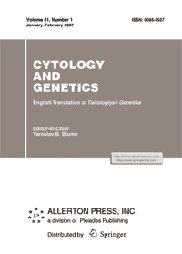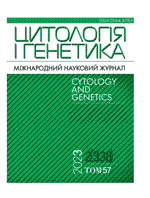Polyploidization is an event that developed in plants during evolutionary path which confer them better survivorship than diploids towards the harsh environmental conditions. Regarding this approach polyploids acquire most of appealing facts in it which are the special concern of biologists. Present study is an attempt to induce autotetraploids in an important medicinal plant, Trachyspermum ammi (L.) Sprague through colchicine. The seedlings of Trachyspermum ammi (L.) Sprague were treated with 3 different concentrations of colchicine (0.2, 0.4, 0.5 %, w/v) for 3 different durations. The autotetraploidy in plants have been confirmed on the basis of cytological, morphological and palynological observations. Total six autotetraploid plants (4n = 36) were induced. On the basis of the number of induced autotetraploids, 36 hours duration of 0.2 % concentration of colchicine was found to be more effective. The morphological parameters such as increased flower size, reproductive organs, stomata size, trichome size, pollen length and diameter, plant height, leaf area, number of umbel/plant, number of umbellate/umbel and stomatal frequency etc. were considered for the detection of autotetraploids. Various chromosomal configurations have been observed during meiotic analysis. Pollen fertility was decreased in autotetraploids than diploids.
Keywords: Polyploidization, autotetraploids, Trachyspermum ammi (L.) Sprague, evolution, pollen fertility

